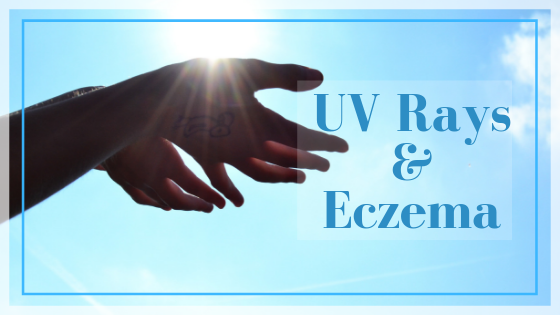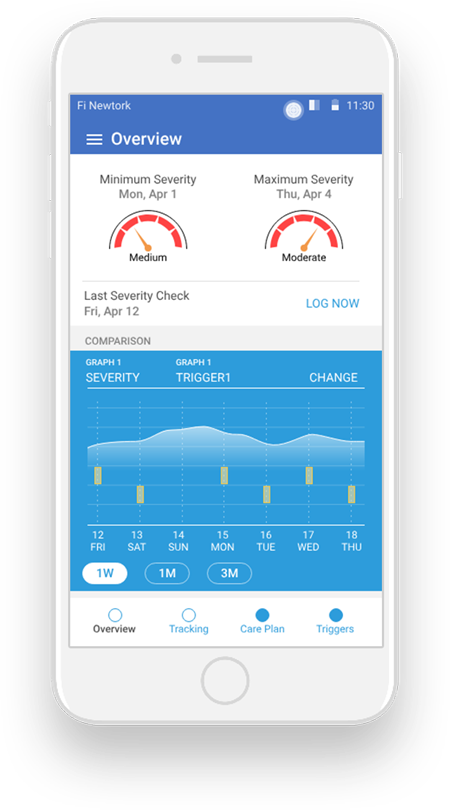UV Rays Boon or Bane for Eczema

Sunlight and Eczema
One of the challenges faced by people suffering from Eczema is the uncertainty in the timings of flares. For most people, Eczema flares show up without any prior warnings. While there is no complete cure for Atopic Dermatitis, knowing the triggers that evoke your symptoms may help in reducing the frequency of flares. Most people have their flares in winters and dry climate. Some people find that their eczema improves with exposure to sunlight while others experience a worsening of their condition. When exposed to sunlight, overheating may lead to excess sweating which when dries up leaves behind its salt content giving rise to itch and scratch cycle resulting in eczema flares. The type of Eczema which worsens when exposed to sunlight is called as photosensitive eczema.
Tips to Tackle sun
- Use an Eczema Safe Sunscreen with suitable SPF, when in sun for an extended period.
- Leave a gap between applications of emollient and sunscreen to avoid diluting the sunscreen
- Don’t be in the sun if it is strong especially between 11:00 am to 3:00 PM
- Use Hats, Shades and breathable cloths which can protect you from the sun but not heavy which may cause you to sweat.
- UV rays as a treatment for Eczema
In some cases, it is found that sun exposure improves eczema symptoms but the challenge is that you should be careful and do it in control. Studies reveal that exposure to sunlight triggers the release of a compound in the skin that alleviates the inflammation thereby easing the symptoms of Atopic Dermatitis.
UV radiations from the sun can have damaging side effects too, including burning, aging and raising the risk of skin cancer. The trick here is not to overdo it. Sun exposure leads to increased vitamin D production, which can be great for the health of the skin.
Due to the benefits of UV on eczema, it is used as a therapy wherein artificial UV waves very similar to the one produced by the sun are used to heal eczema flares. Exposure to UV waves has several benefits to the skin such as alleviating inflammation, inducing vitamin D, reducing itch, increasing the capability of the skin to tolerate foreign particles, etc. This therapy for Eczema using UV waves is called as phototherapy or Ultraviolet therapy for Eczema.
Treatment
Generally, dermatologist prescribes you phototherapy and is recommended only when all other treatment like applying emollients, steroids and other medications remain ineffective. The duration of the treatment depends upon the severity of the eczema symptoms. One is advised to apply moisturizer all over the body before exposure to UV lights. The sessions may be reduced depending upon the response that one shows to UV therapy and can be stopped ultimately with a reduced cycle of once or twice a week.
GET IN CONTROL OF YOUR ECZEMA
Use our AI tool to check the severity of Eczema and keep track of your Eczema progress.



